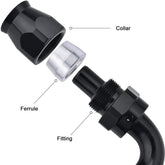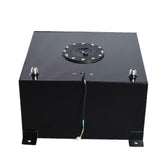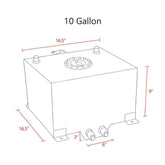What is the EGR of a car
EGR stands for Exhaust Gas Recirculation. It is an emission control system in vehicles that helps reduce nitrogen oxide (NOx) emissions from the exhaust. The EGR system routes a portion of the exhaust gases back into the engine cylinders.  This dilutes the air-fuel mixture and lowers the combustion temperatures, which in turn reduces NOx emissions. While EGR helps meet emissions standards and is good for the environment, removing the EGR system can provide some benefits to the vehicle's performance and engine. Here are the main benefits of removing or disabling the EGR system:
This dilutes the air-fuel mixture and lowers the combustion temperatures, which in turn reduces NOx emissions. While EGR helps meet emissions standards and is good for the environment, removing the EGR system can provide some benefits to the vehicle's performance and engine. Here are the main benefits of removing or disabling the EGR system:
1.Improved throttle response.
With the EGR disabled, the engine uses only fresh air and fuel. This can improve acceleration and make the vehicle feel more responsive when the throttle is engaged.

2.Better fuel economy.
The EGR system routes hot exhaust gases into the engine, which reduces power and efficiency. By blocking the EGR, the engine does not have to work as hard to achieve the same power output, which can slightly improve fuel efficiency in some driving conditions.

3.Reduced carbon buildup.
The hot exhaust gases contain carbon and other byproducts that can build up inside the intake manifold, valves, and cylinders. By blocking the EGR, this carbon buildup is prevented, allowing the engine to operate at maximum efficiency.

4.Improved engine longevity.
The high heat and chemicals in exhaust gases can cause accelerated wear of engine components like valves, pistons, and cylinders. By reducing exhaust gas circulation, the engine components are exposed to less harmful byproducts and lower heat, which can increase the overall engine lifespan.

However, removing or disabling the EGR system may not meet emissions regulations in some areas. It can also trigger a check engine light on some vehicles. If emissions regulations and fault codes are not a concern, disabling or removing the EGR system and tuning the engine computer can provide meaningful benefits like improved performance, fuel efficiency, reduced carbon buildup, and increased engine longevity.

In summary, the EGR system recirculates hot exhaust gases into the engine to lower combustion temperatures and reduce emissions. However, this also reduces performance, fuel economy, and engine life. Removing or disabling the EGR avoids these drawbacks and can significantly improve the driving experience and engine reliability despite no longer meeting strict emissions standards. For many vehicle owners, the benefits of an EGR delete can outweigh the cons.









